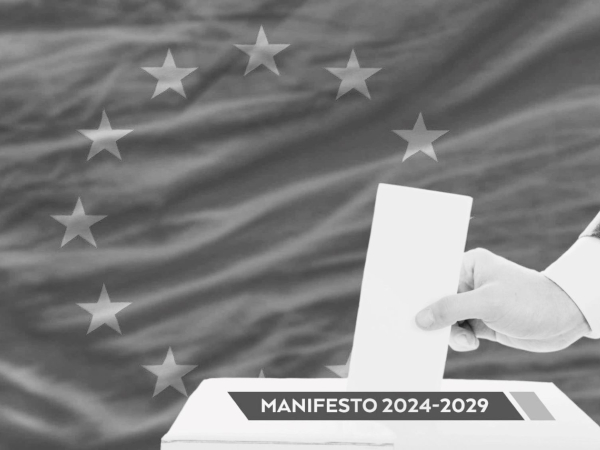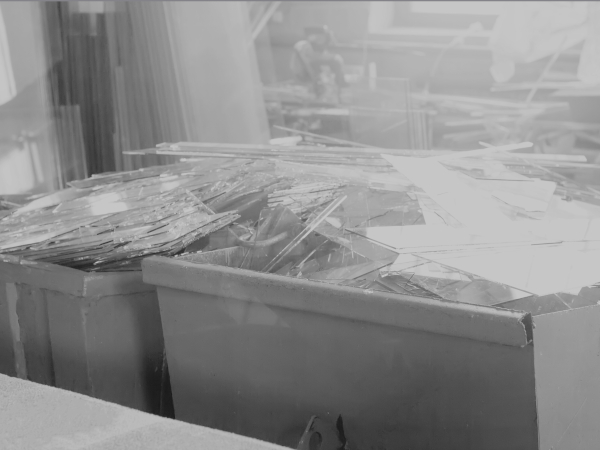Date: 27 February 2015
Energy efficiency first’ should not be just a motto, it is the core principle of the trias energetica: all actions to reduce energy use must be undertaken first.Bertrand Cazes, Secretary General of Glass for Europe declared: ‘What is most encouraging to our industry is the clear signal given by the European Commission that buildings and transports are the priority sectors in which most energy efficiency gains must be reaped’.Buildings and transport are two sectors which can deliver huge energy savings while providing a boost to economic growth and employment. ‘With targeted and robust actions, both the EU energy efficiency and decarbonisation objectives can easily be surpassed and our industry has energy efficient glass solutions ready for use in these two sectors’.
Glass for Europe welcomes the fact that the European Commission highlights that the European Fund for Strategic Investment provides an opportunity to leverage major investments in building renovation. According to Bertrand Cazes ‘As a matter of policy coherence and to achieve the desired goals, the EFSI regulation should be improved to guarantee that a substantial part of the EFSI funds are ring-fenced for building renovation projects.’
Regulatory interventions at EU level are also needed to make tangible progress. For instance, an EU energy labelling scheme for windows is still not finalised and some of the considered options are weak. Similarly in the transport sector, the long awaited test procedure to quantify energy used by Mobile Air Conditioning systems in vehicles is finally ready. Without further delay, it must be included in official energy consumption data of cars to reward energy saving glass and air-conditioning technologies. The flat glass industry also looks forward the planned review, and hopefully revision, of the Energy Performance of Buildings directive.
About Glass for Europe
Glass for Europe is the trade association for Europe’s manufacturers of flat glass. Flat glass is the material that goes into a variety of end-products and primarily in windows and façades for buildings, windscreens and windows for automotive and transport as well as glass covers, connectors and mirrors for solar-energy equipments. Flat glass is also used for many other applications such as furniture, electronics, appliances, etc.










Add new comment